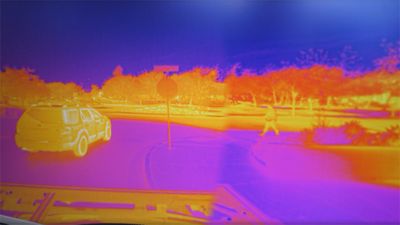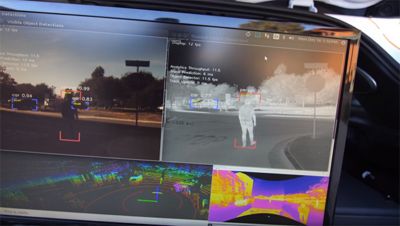-
-
Software gratuito per studenti
Ansys potenzia la nuova generazione di ingegneri
Gli studenti hanno accesso gratuito a software di simulazione di livello mondiale.
-
Connettiti subito con Ansys!
Progetta il tuo futuro
Connettiti a Ansys per scoprire come la simulazione può potenziare la tua prossima innovazione.
Paesi e regioni
Customer Center
Supporto
Partner Community
Contatta l'ufficio vendite
Per Stati Uniti e Canada
Accedi
Prove Gratuite
Prodotti & Servizi
Scopri
Chi Siamo
Back
Prodotti & Servizi
Back
Scopri
Ansys potenzia la nuova generazione di ingegneri
Gli studenti hanno accesso gratuito a software di simulazione di livello mondiale.
Back
Chi Siamo
Progetta il tuo futuro
Connettiti a Ansys per scoprire come la simulazione può potenziare la tua prossima innovazione.
Customer Center
Supporto
Partner Community
Contatta l'ufficio vendite
Per Stati Uniti e Canada
Accedi
Prove Gratuite
ANSYS BLOG
January 7, 2020
Integrating Thermal Technology Into Simulations to Optimize ADAS
Autonomous vehicles and advanced driver-assistance systems (ADAS) can have a hard time “seeing” in dark, foggy or stormy weather. This is because many of these systems rely on conventional sensors that aren’t able to see in low-contrast environments.
Thermal imaging technology is the key to solving such problems, and FLIR Systems will be integrating this technology into Ansys’ physics-based driving simulator.
By using thermal cameras, both
ADAS and autonomous vehicle
systems will be able to detect
people and animals in
low-contrast environments
Now, with the driving simulator, engineers will be able to include thermal cameras models in their simulations to test and validate ADAS and autonomous systems.
Paul Clayton, general manager at FLIR Systems, says: “Combining FLIR Systems’ cutting-edge automotive thermal cameras with Ansys’ industry-leading solutions will further improve road hazard detection, helping vehicles sense objects four times farther than the illuminating distance of typical headlights.”
Visit Ansys at CES.
Thermal Imaging Systems Improve the Safety of ADAS and Autonomous Systems
Because the bodies of humans and animals produce heat, they are easily detectible with thermal imaging systems. Therefore, they are a perfect match for future ADAS and autonomous systems that must ensure the safety of pedestrians and pets.
However, engineers will still need to test and validate these systems over millions of road miles. These tests would cost a lot of money and time if they were done using physical prototypes.
Conventional cameras will have
a hard time seeing people
at night. But for thermal
cameras, it’s no sweat
Clayton notes, “Enabling engineers, automakers and auto suppliers to rapidly simulate and test countless scenarios greatly reduces reliance on physical prototype testing while cutting development costs and the time required to test. This results in increasing the adoption of thermal technology in automotive safety to help save lives and livelihoods.”
Eric Bantegnie, vice president and general manager at Ansys, adds: “Leveraging Ansys’ solutions will enable FLIR Systems to design groundbreaking thermal cameras and empowers automakers to speed the creation and certification of AVs.”
To learn more about how FLIR Systems and Ansys are improving autonomous and ADAS systems, visit Ansys at CES. Or watch the video below:
Flir representatives explain how utilizing thermal cameras and simulation
in the design of autonomous systems will save lives.


